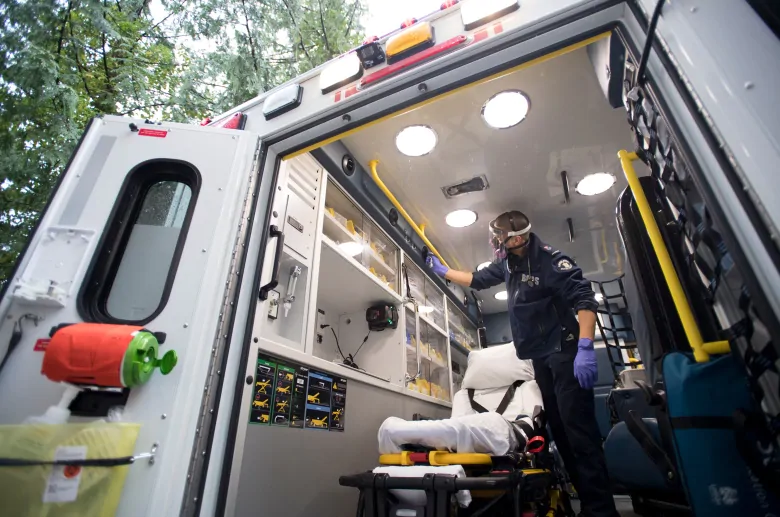When the first COVID-19 vaccines become available, there won’t be enough for everyone who wants it. Within Canada, who should get it first and how will that be decided? Here’s a closer look.

When the first COVID-19 vaccines become available, there won’t be enough for everyone who wants it, both nationally and internationally.
We’ll take a closer look at the issue with global vaccine distribution and prioritization in another article.
But for now, within Canada, who should get it first and how will that be decided?
Why we can expect vaccine shortages
There are more than 166 vaccines at various stages of preclinical and clinical (human) testing right now, the World Health Organization says. U.S. and European experts say under an optimistic scenario, the first of those vaccines could complete testing and get approval for distribution next year.
But then, a factory would have to produce them under the safety and quality standards required for something that’s going to be injected into human bodies — something it can only do at a limited rate, say experts such as Dr. Joel Lexchin. He’s a professor emeritus at York University and an emergency physician in Toronto who has studied and written about pharmaceutical policy.
Meanwhile, with a global pandemic that has wreaked havoc on countries’ economies and people’s lives around the world, there’s a lot of demand for a vaccine from the global population of 7.8 billion people.
“Not everyone will be able to get it,” Lexchin said. “And therefore we’ll have to prioritize.”
Because of that, it’s expected, initially at least:
- Some countries will get more access than others.
- Some groups within those countries will get more access than others.
We’ll take a closer look at the international issues in another article, but here are some of the issues that leaders are dealing with in Canada.
How countries will decide the highest priority groups
When supplies are limited, countries will need to find a way to get the “maximum benefit for whatever minimal supply we have,” says Dr. Noni MacDonald, a professor of pediatrics and infectious diseases at Dalhousie University and IWK Hospital in Halifax who has studied ethical issues related to vaccines. “That’s what you have to do.”
In Canada, that evaluation, based on evidence, is done by the National Advisory Committee on Immunization, which it says is guided by the goals of Canada’s pandemic response:
- Minimize serious illness and overall deaths (including from causes other than COVID-19).
- Minimize societal disruption, including reducing the burden of health-care resources.
It says the vaccine is expected to play an important role in achieving that.
Of course, worldwide, front-line health-care workers who care for COVID-19 patients are expected to get the highest priority for access to vaccines, as they are at high risk of being exposed to the virus and are crucial for minimizing harms such as serious illness and deaths.

Beyond that, decisions get more complicated, but in general, countries are expected to target populations that are at very high or highest risk of severe disease and death, said Prof. Ruth Faden, founder of the Berman Institute of Bioethics at Johns Hopkins University in Baltimore, Md.
“And those people will likely vary from country to

